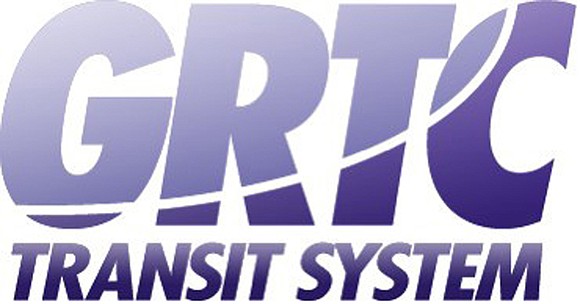GRTC continues free bus rides through June 2024
Jeremy M. Lazarus | 12/22/2022, 6 p.m.
GRTC will retain zero fares for at least 18 more months – saving regular riders $1,000 or more in yearly transportation costs.
The plan to keep GRTC fare free on buses and specialty CARE vans through June 30, 2024, won the unanimous support of the transit company’s board Tuesday, with a prospect that the elimination of fares could continue longer.
The extension was first broached at the GRTC Finance Committee meeting last week following a review of a 10-year projection of revenue and expenses.
The projection indicated the regional transit company would have the funds to continue fare-free service through at least June 30, 2025, Lincoln Saunders, the city’s chief administrative officer, noted during committee meeting.
Mr. Saunders, a member of the GRTC board, secured agreement from the four other committee members from the city and the counties of Henrico and Chesterfield on that point.
A nonprofit, RVA Rapid Transit, has been campaigning to prevent reinstatement of fares, and the full board received more than 20 comments from riders and supporters of the free-fare policy before voting to extend free fares for another year.
GRTC dropped fares after the pandemic hit in March 2020 and continued the initiative through the 2020-2021 and 2021-22 fiscal years, leading to a rebound in ridership in a period of national decline in transit usage.
The company was awarded an $8 million state grant in December 2021 to continue the zero-fare program for three additional years through mid-2025.
The grant is providing $4.5 million during the current 2022-23 fiscal year that began July 1. The grant will provide $2.5 million in the upcoming 2023-24 fiscal year and $1 million in the 2024-25 fiscal year.
Continuing free rides is a significant aid to GRTC users, who used to spend $20 a week or more on bus rides when fares were $1.50 one way, with the cost of a transfer adding an additional 25 cents to the cost.
According to a 2019 company survey, 70 percent of regular riders were then members of households with incomes of $25,000 a year or less, while 25 percent of riders made less than $10,000 a year.
Julie Timm, the former GRTC chief executive officer who initiated the free fare experiment during her tenure, noted that prior to COVID, GRTC collected $5 million in fares annually from bus riders, “many of whom were living at or below poverty. Transit fares maintained a very real barrier to critical resources such as food, health care, education, and better paying jobs. “Under Zero Fares, our most vulnerable neighbors are no longer forced to choose between the cost of transportation and the cost of food and medicine,” Ms. Timm stated.
GRTC has had to fill the gap between the grant and foregone fare revenue.
Funding from federal pandemic relief funds has helped as has new revenue from the Central Virginia Transit Authority, which collects and distributes income from a small increase in the sales tax and the gas tax to fund transportation projects in the Metropolitan Richmond area.
GRTC also has benefitted from a three-year contract with Virginia Commonwealth Univer- sity, which pays $1.3 million a year to GRTC to gain free rides for students, faculty and staff, though GRTC staff told the committee that the contract might not be renewed after June 30, 2024.







